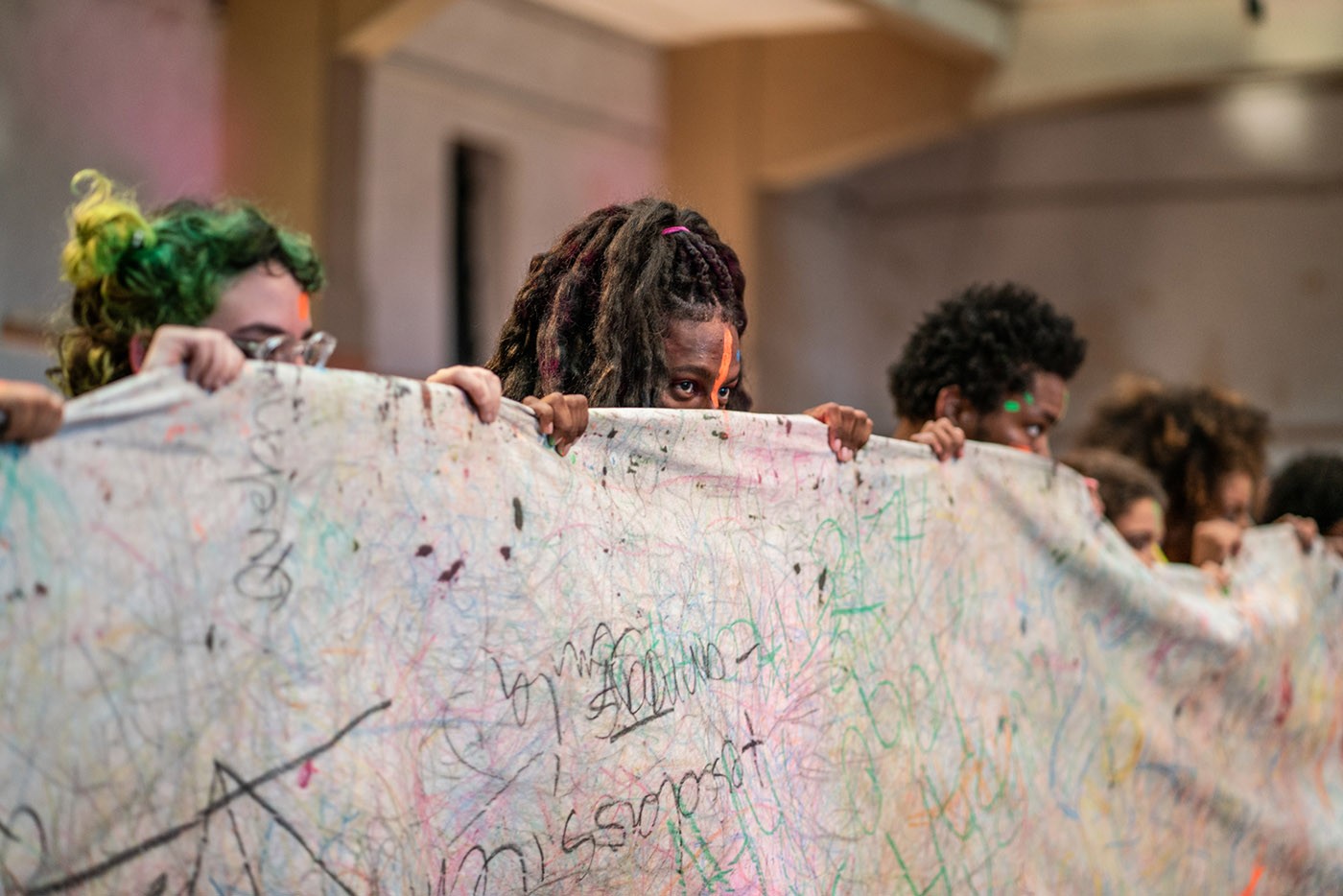Lessons in Impropriety
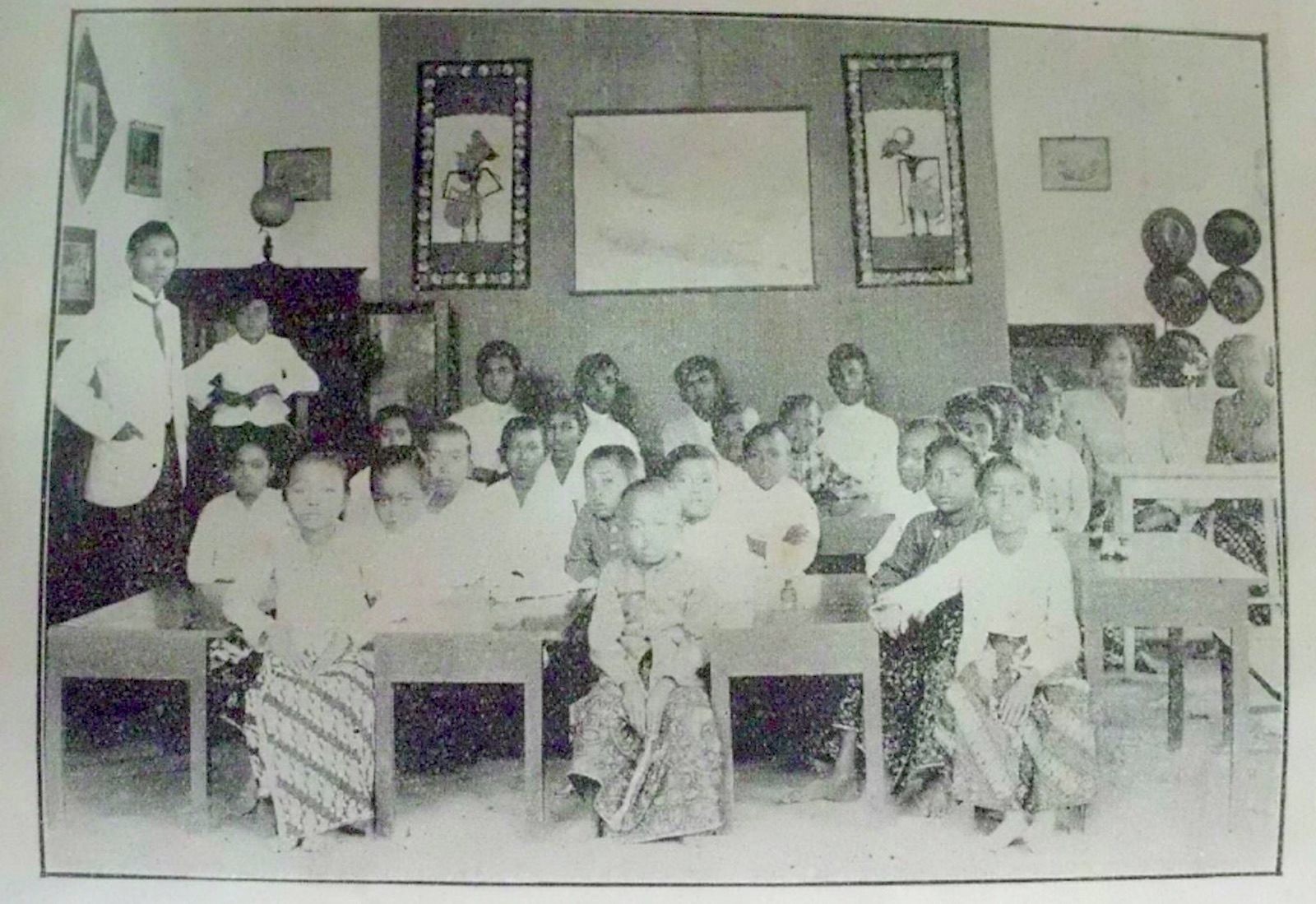
12 June 2017
Magazine C& Magazine
6 min read
In the series Curriculum of Connections, we bring together critical voices, ideas, and projects working towards educational, artistic, and research practices. In this space, we learn, unlearn, and co-investigate old and new territories of knowledge systems, collaborations, and imagination. In October 2016, KUNCI initiated the School of Improper Education (SIE). The call for participants describes …
In the series Curriculum of Connections, we bring together critical voices, ideas, and projects working towards educational, artistic, and research practices. In this space, we learn, unlearn, and co-investigate old and new territories of knowledge systems, collaborations, and imagination.
In October 2016,KUNCI initiated the School of Improper Education (SIE). The call for participants describes the proposed school as follows: an experiment on the sustainability of (both the material and immaterial) economies of the organization. We want to test the idea of a school as a garden of ideas, a laboratory of affects, and a space where new ideas clash and coalesce. We are not sure yet about what can be learned in this school. But we are sure about not starting from the premises on what needs to be learned or not. We want to study together, while interrogating the meaning of togetherness.
I would like to dissect this description by giving meaning retropectively to these clusters of concepts and how they interrelate through the lens of practice. How does a school operate while questioning its own reasons to exist? How can a school – scaffolded by the connections between historical remnants filled with violence, shifting spatio-temporal orientations, and engagement with affective formations – carve out its alternative way of being? And what would such an alternative look like?
Flipping through Histories
To name some of the historical junctures that gave birth to this initiative, one direct lineage can be drawn from the model of national education that was inherited from the past repressive political regime under Suharto. School in this model is preserved in the popular imagination as an effective instrument of social control towards achieving the state’s developmentalist agenda.
Another historical model for SIE is the proto-institution of learning during Indonesian colonial times formulated by Suwardi Suryaningrat in 1922, namely the Taman Siswa (literally “Garden of Students”) system. As an attempt to counter the infantilizing moorings of Dutch education in the colony, Suryaningrat, who was born as a nobleman in Yogyakarta (and in 1928 took the name of Ki Hajar Dewantara), advanced Javanese indigenous values as modalities of resistance by collapsing the temporal boundaries between “school time” and “family time.” This model assigns parental roles to teachers, who were to “nurture” the students as their children.
At this latter point, our school parts ways with the exemplariness of Taman Siswa, especially if we are to take into account how Suwardi’s proposal of family-based education was appropriated by the Indonesian New Order regime. Family in this model is established as the reproductive site in normalizing citizenship through patriarchy, heteronormativity, and a social hierarchy based on gender, age, and class.
KUNCI’s own existential trajectory and habit, since its foundation in 1999, has been in questioning (or sometimes troubling) our own modes of being together, from our beginning as a publishing initiative by several student-press activists and our coming-of-age as a more formalized research center to our later decision to work collectively and non-hierarchically while persistently refusing to be defined by the specific forms or content we have produced. Years of spending time together and working together have taught us what study can mean outside the normative models of school and family. The challenge is how to replicate and sustain what we have discovered to be valuable experience, in and beyond our extended environment.
Learning through Unknowing
As I write this article, the school is almost at the end of its “first semester.” A total of twenty-one people have joined the school. While we can also trace the biography of each school participant by subjecting them to categorizations based on their diverse professional backgrounds – housewife, artist, teacher, community activist, unemployed person, freelancer, and so on – they can also be located in multiple practical institutions that are intersecting and exhaustive.
Deciding what to learn at the School of Improper Education. Courtesy of KUNCI
Interpreting our memberships otherwise, during a discussion in one of the school sessions in early February 2017, Brigitta Isabella from KUNCI expressed that it has become “a refuge for people who does not know what they want to do.” This is perhaps reminiscent of Jacques Rancière’s description in The Ignorant Schoolmaster (1987), which is also one of the many models that we also looked into during the research phase prior to the SIE. Soon enough, we realized that the story of Joseph Jacotot recounted by Rancière is not without its limitations, since, in this approach, the normative role of the family as a site for pedagogical transformation remains intractable.
Nonetheless, there are indeed some shared genealogies with Jacotot’s demand for equality rather than hierarchy in an educational process. On the one hand, instead of framing study as a unified platform, different positionalities, such as the roles of KUNCI members as hosts and school participants, are relationally considered as the process unfolds. On the other hand, we also feel the need to collectively engage with the unknown as a way of redistributing the work of power through knowledge practices. This is reflected by the consensus among the school participants as they agreed on learning community-based sign language.
The shared volition among the participants to learn sign language emerged as an attempt to expand notions of collective study as a thought experiment on horizontalizing knowledge circulation (not only by collapsing the rigged teacher–student relationship, but also demystifying the role of the book as a sacred container of knowledge) towards operationalizing different modes of being together. Some may see this attempt as a means of embodying empathy. Others expect that this experience would allow them to expand communicational horizons beyond verbal languages. Or maybe this is just of one of those moments where people try to make use of their unfolding, yet fleeting, togetherness. In this instance, the school can be understood as a community of its constituent singularities, just as Giorgio Agamben has suggested in The Coming Community (1993).
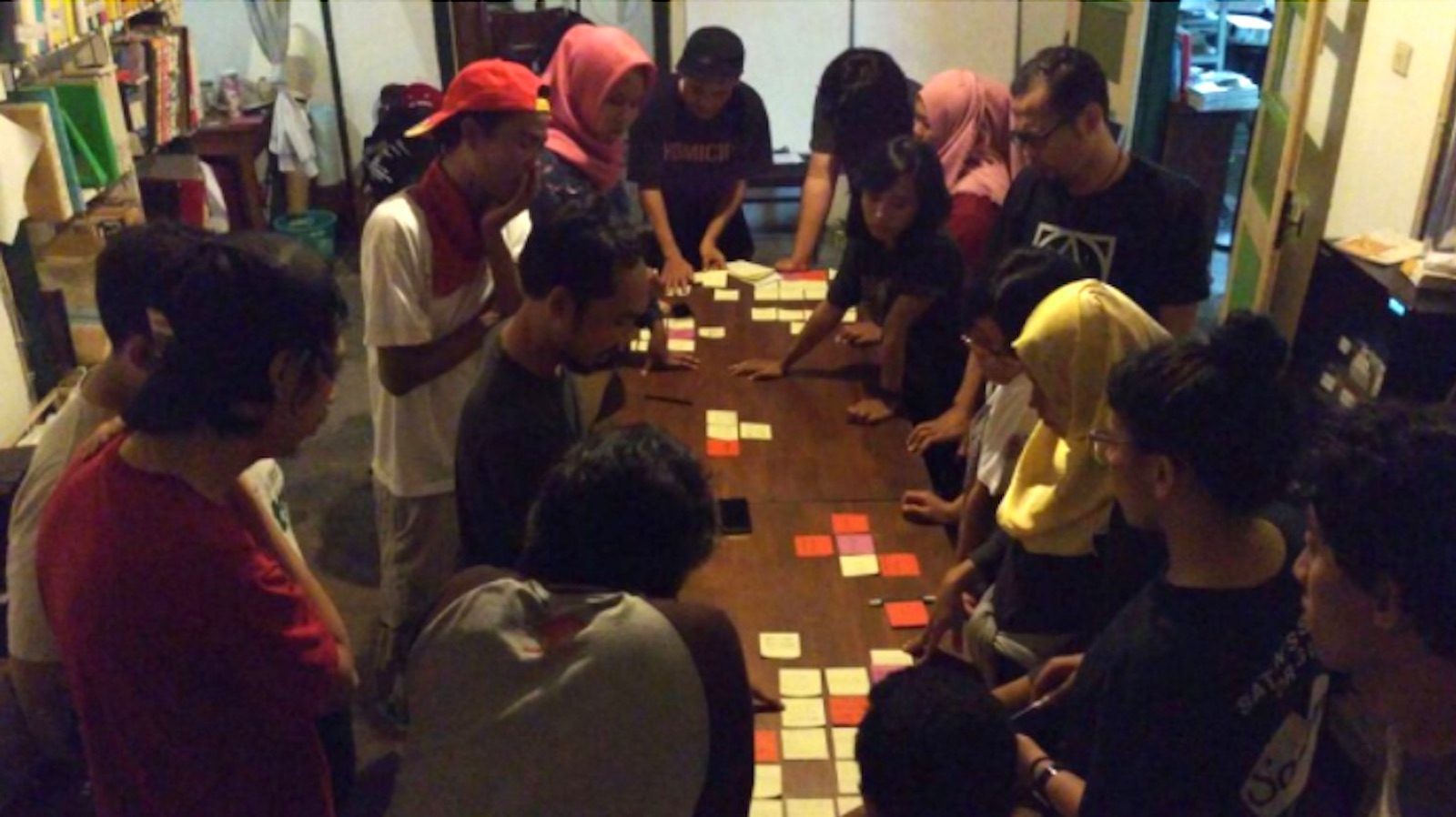
Getting lost in the mind map and dictionary. Courtesy: KUNCI
As the school’s first phase draws to a close, both the school’s hosts and participants are moving further into the unknown. Apparently, questions regarding what will happen in the extended present are staggered. If knowing is doing, and knowledge is something that has been done and what could be done differently, then how should we frame the little that we know so far and represent it without either agonizing over “end results” or hiding behind the overused statement “this is still an ongoing process”? What exists in between these spectra of beings? And which way do we go from here? What else can we learn and to what ends? No one seems to know.
Ferdiansyah Thajib is a PhD candidate at the Institute for Social and Cultural Anthropology at Freie Universität Berlin and a member of KUNCI Cultural Studies Center in Yogyakarta, Indonesia.
This Essay was first published in the latest C& Print Issue #7. Read the full magazinehere.
Read more from
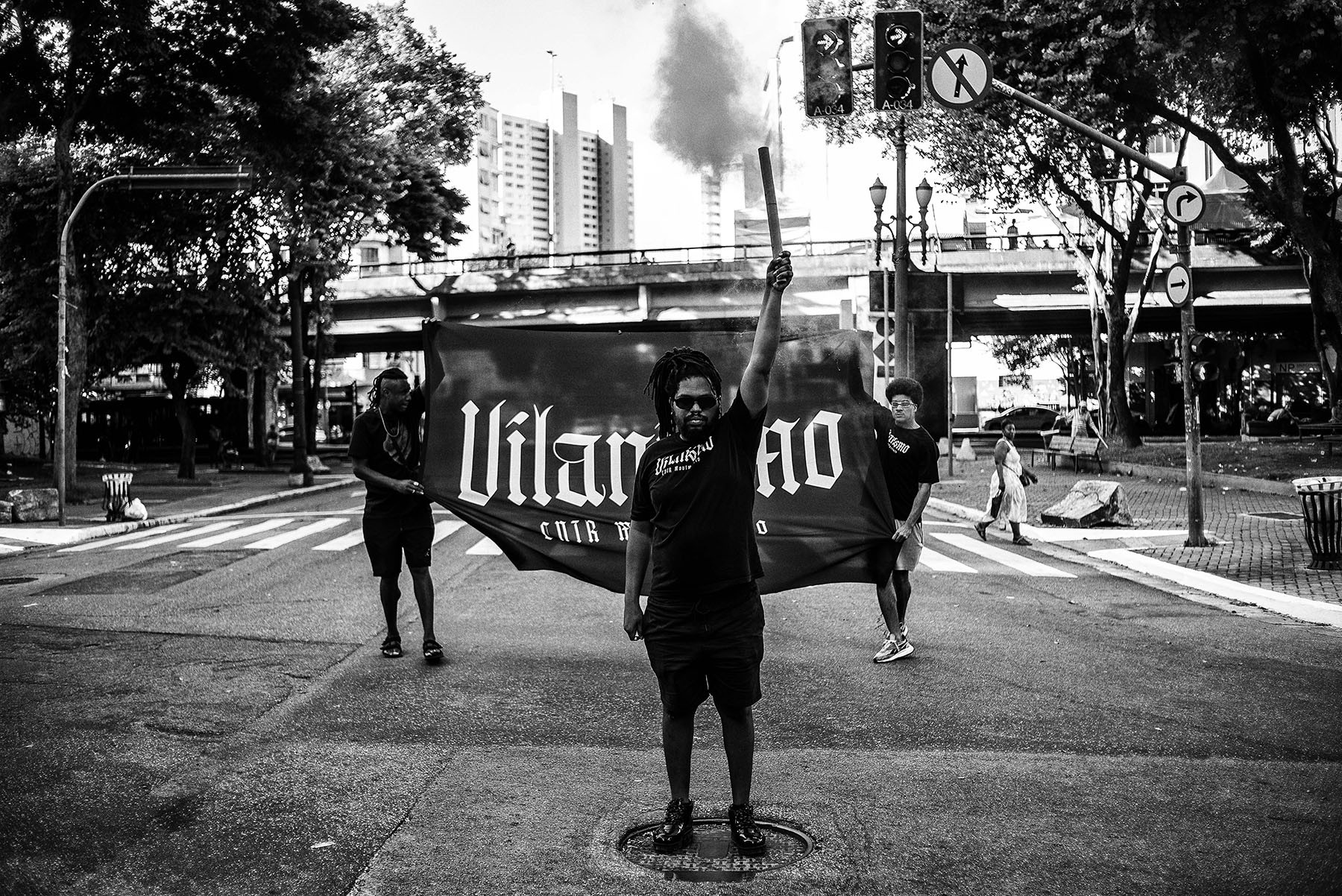
Irmandade Vilanismo: Bringing Poetry of the Periphery into the Bienal
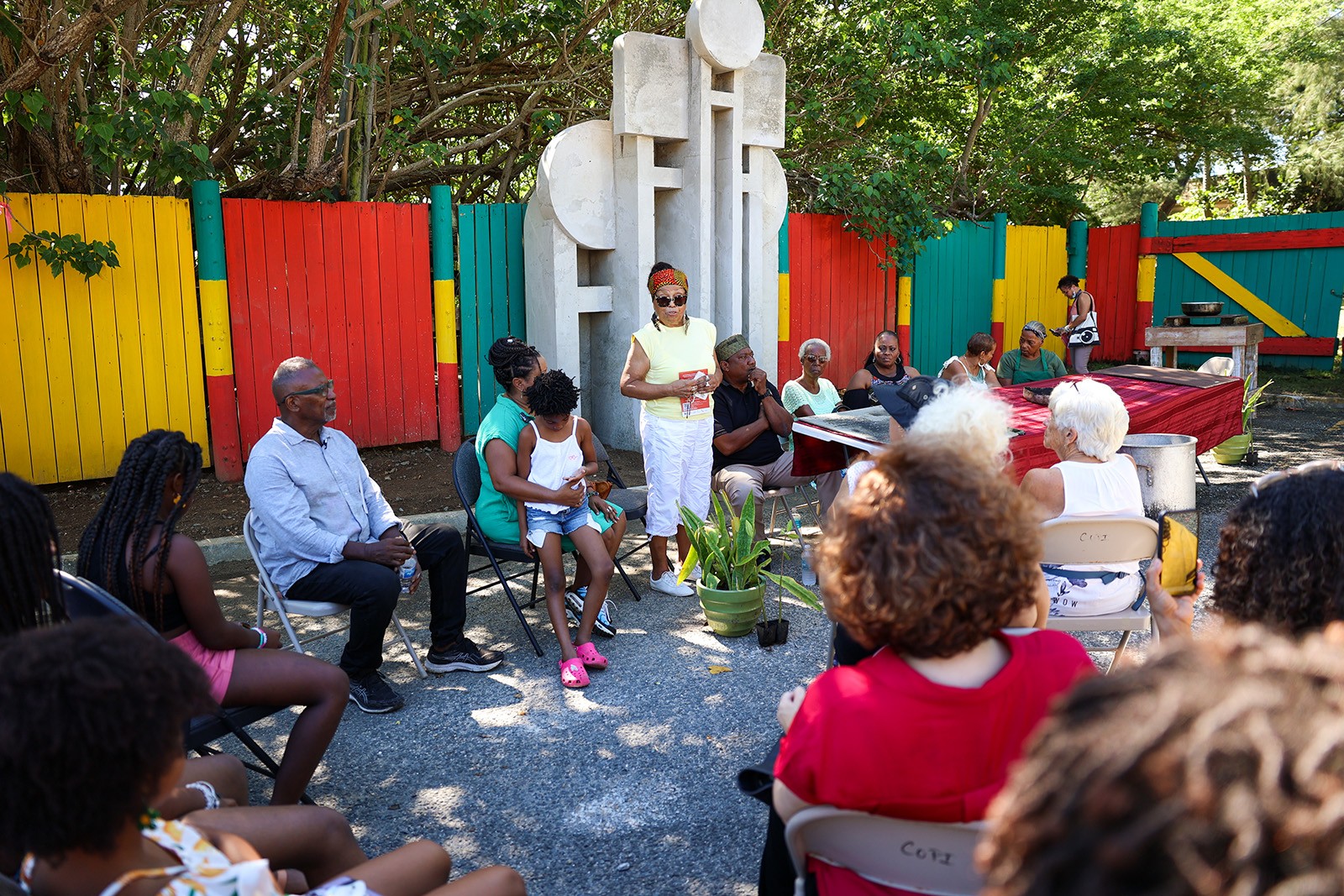
I Am Monumental: The Power of African Roots
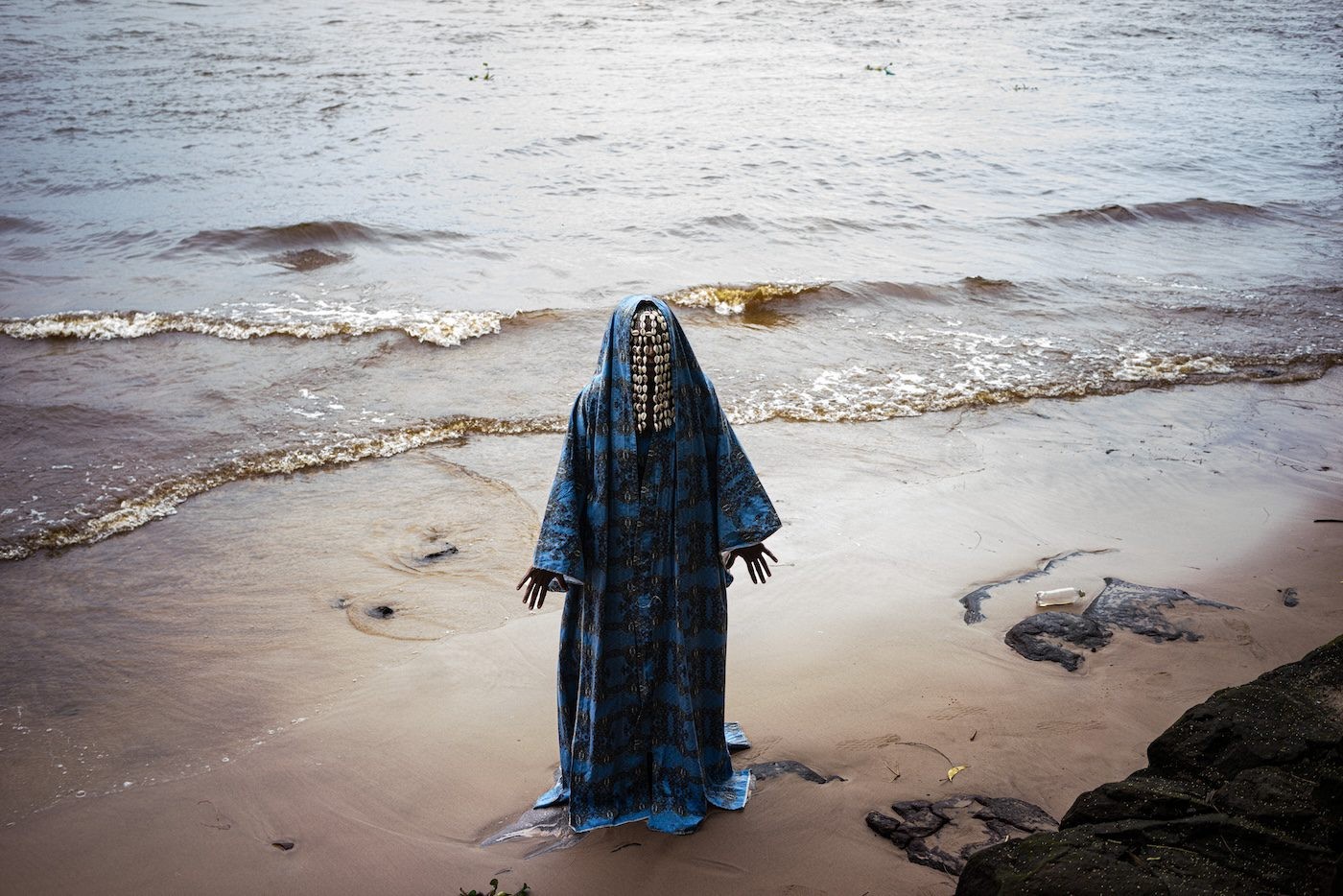
Fundação Bienal de São Paulo Announces List of Participants for its 36th Edition
Read more from
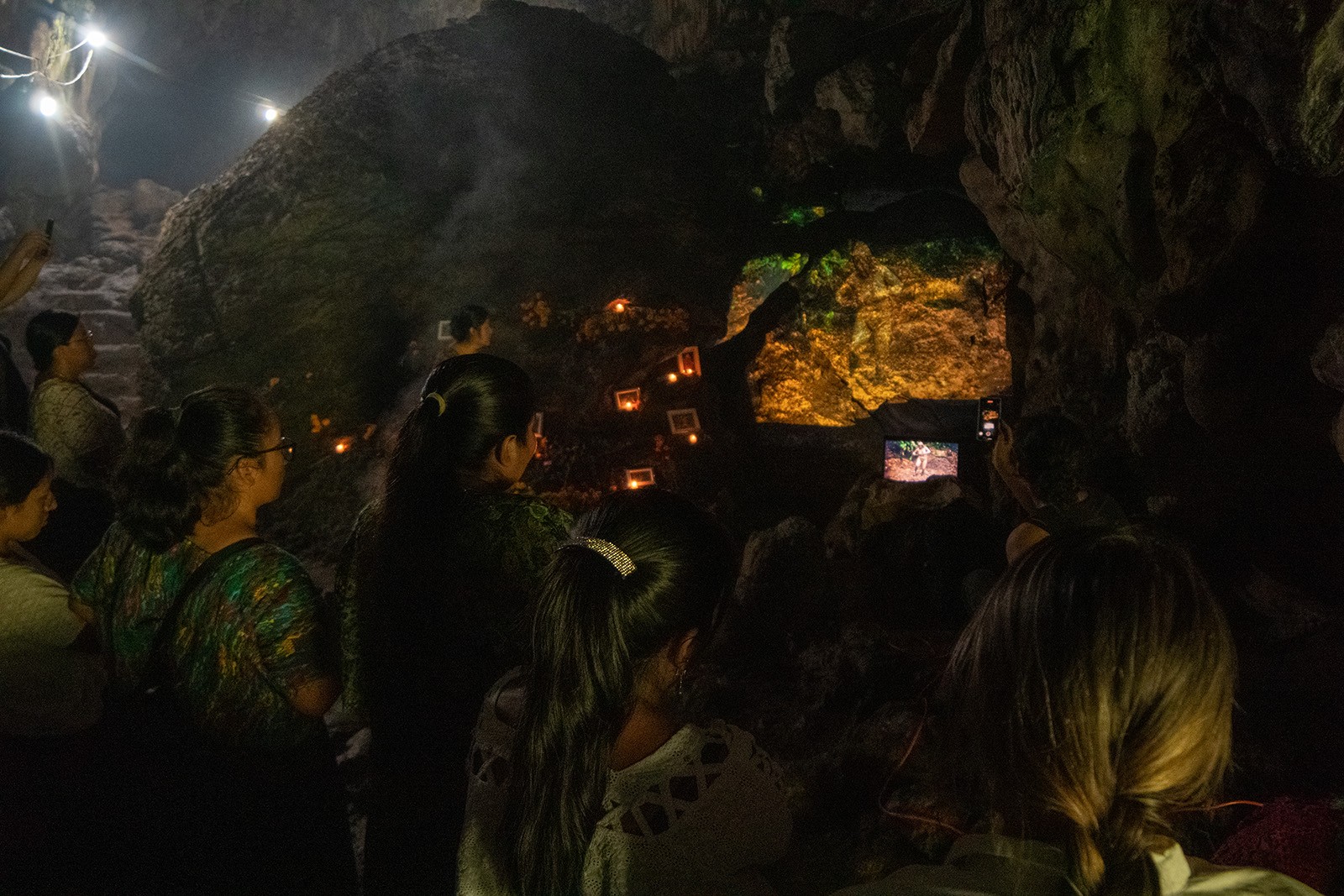
Esperanza de León: Curating Through Community Knowledge
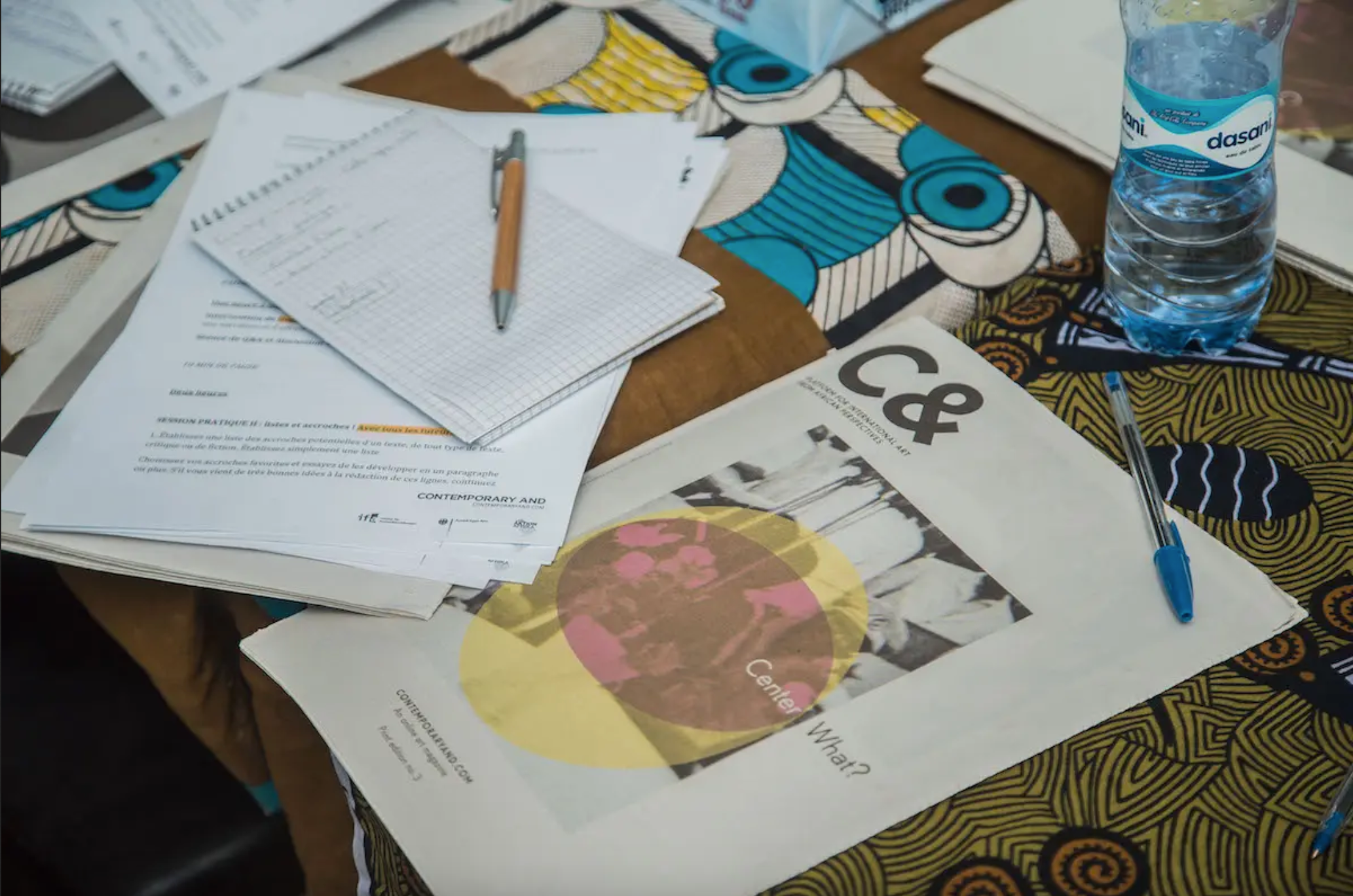
Terra Foundation for American Art funds C& Critical Writing Workshops and C& Mentoring Program in 2023
